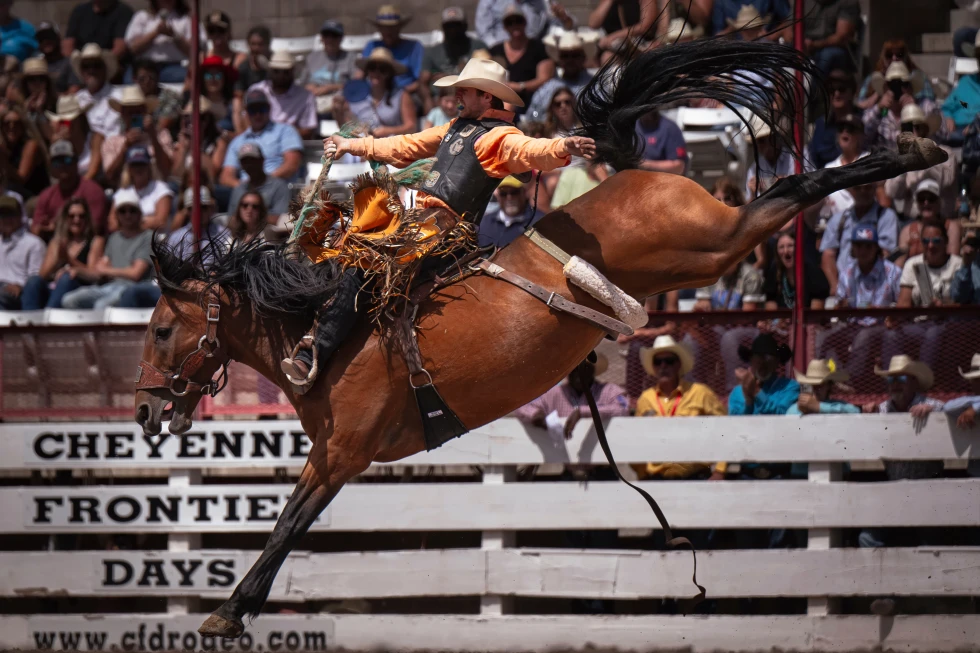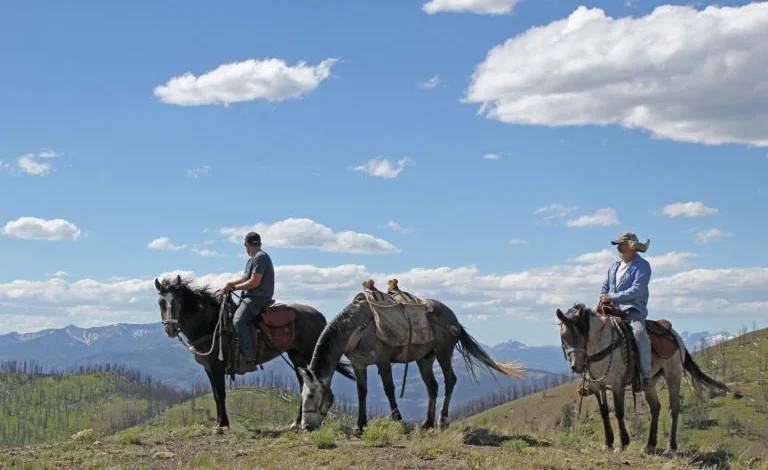A horse residing in Albany County, Wyoming, has recently tested positive for equine influenza, the Horse Your Guide to Equine Health Care reports.
The infected horse, located at a local boarding facility, is currently under voluntary quarantine as a precautionary measure to limit the spread of the disease.
Equine influenza is a highly contagious respiratory illness that affects horses, ponies, and other equids, such as donkeys, mules, and zebras. The virus is primarily transmitted through respiratory secretions, including saliva, from infected animals. It can spread via horse-to-horse contact, aerosol transmission from coughing or sneezing, and even through indirect contact with humans or contaminated equipment, such as tack, buckets, and other items.
The clinical signs of equine influenza include a high fever (up to 106°F), dry cough, weakness, depression, anorexia, watery nasal discharge, and slightly enlarged lymph nodes. Monitoring a horse’s temperature regularly, especially during events or shows, can help detect early signs of infection and enable prompt action to prevent further spread.
Vaccination is an effective and inexpensive way to protect horses from equine influenza. In fact, US Equestrian requires horses to have received an equine influenza vaccination within the last six months to participate in organization-sanctioned events or competitions. Veterinarians can provide guidance on additional vaccines to ensure the overall health and protection of horses.
In addition to vaccination, adhering to strict biosecurity measures is crucial for preventing the spread of equine influenza. Practices such as quarantining new horses, disinfecting equipment, and limiting direct contact between horses can significantly reduce the risk of infection.
This recent case highlights the importance of ongoing vigilance and preventive care to protect equine populations from infectious diseases like influenza.










The latest news in your social feeds
Subscribe to our social media platforms to stay tuned